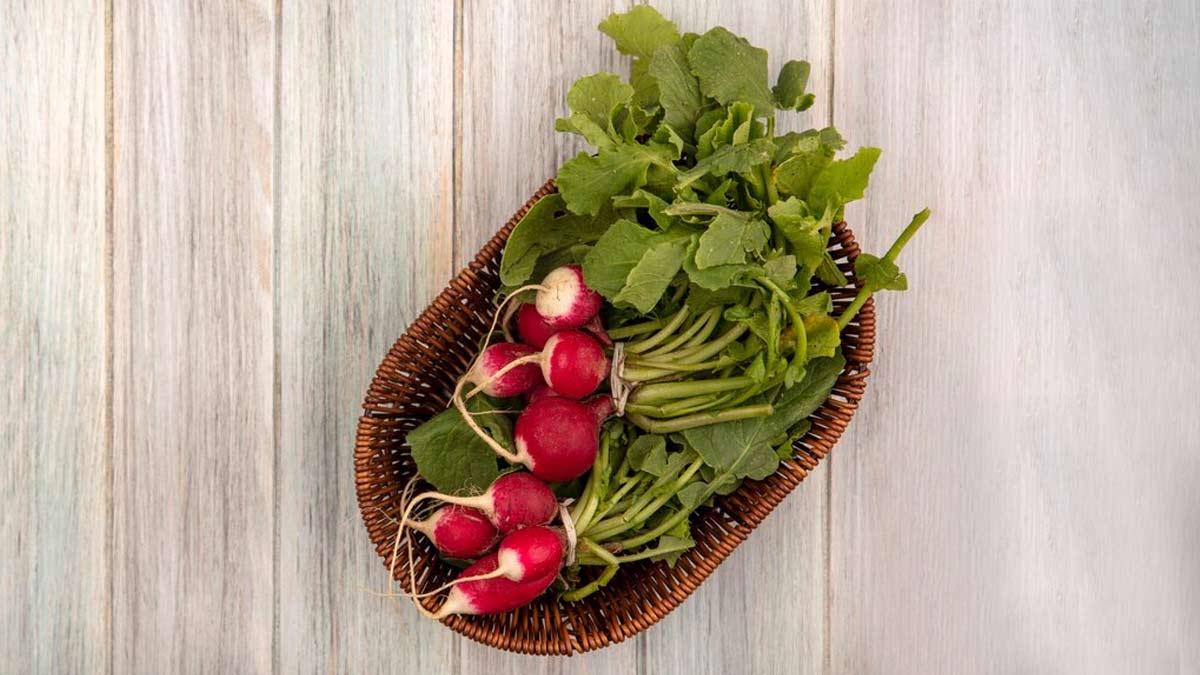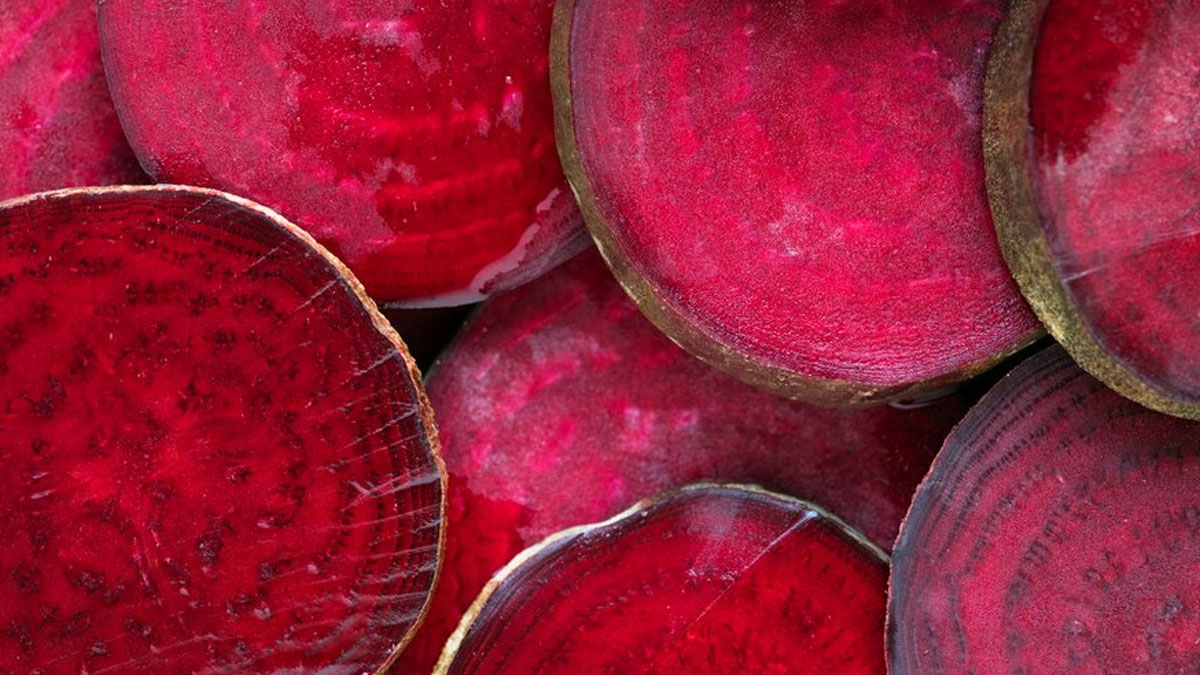
Beetroot comes from the same family as sugar beets. However, it is genetically and nutritionally different. We all know that beetroots are well-known for their health benefits, their leaves, also known as beet greens, are often overlooked despite being incredibly nutritious. A research 68 patients got good results with high blood pressure when studying the effects of ingesting 250 millilitres of beetroot juice daily. Here's a closer look at the health benefits of beetroot leaves:
Table of Content:-
1. Rich in Nutrients
Beet greens are packed with essential vitamins and minerals, including:
- Vitamin K: Important for blood clotting and bone health.
- Vitamin A: Supports vision, immune function, and skin health.
- Vitamin C: Acts as an antioxidant, supports immune function, and aids in collagen production.
- Iron: Essential for the production of red blood cells and oxygen transport.
- Calcium: Crucial for bone health and muscle function.
- Folate: Important for cell division and DNA synthesis.

Also read: 5 Surprising Reasons Why You Should Add Beetroot Juice To Your Daily Diet
2. Antioxidant Properties
According to study, beet greens contain various antioxidants, including beta-carotene, lutein, and zeaxanthin, which help protect cells from damage caused by free radicals and oxidative stress. Consuming foods rich in antioxidants may lower the risk of chronic diseases like heart disease, cancer, and diabetes.
3. Supports Heart Health
The combination of nutrients found in beet greens, including potassium, magnesium, and dietary nitrates, may help support heart health by:
- Lowering Blood Pressure: Potassium and magnesium help relax blood vessels, improving blood flow and reducing blood pressure.
- Improving Cholesterol Levels: Beet greens contain fibre, which can help lower LDL (bad) cholesterol levels and reduce the risk of heart disease.
4. Supports Bone Health
Beet greens are an excellent source of vitamin K, which plays a crucial role in bone metabolism and calcium absorption. Adequate vitamin K intake is associated with a reduced risk of fractures and improved bone density.

5. Supports Digestive Health
The fibre content in beet greens promotes digestive health by:
- Preventing Constipation: Fibre adds bulk to stool, making it easier to pass and preventing constipation.
- Supporting Gut Health: Fibre acts as a prebiotic, providing fuel for beneficial gut bacteria and promoting a healthy gut microbiome.
6. Supports Weight Management
Beet greens are low in calories but high in fibre, making them a filling and nutritious addition to meals. Including more leafy greens like beet greens in your diet can help you feel fuller for longer and support weight management goals.
Also read: Lip Care At Home: Benefits Of DIY Beetroot Tint And How To Make It
How to Enjoy Beet Greens
- Salads: Add raw beet greens to salads for a nutritious boost.
- Sauteed or Stir-Fried: Cook beet greens with garlic and olive oil for a flavourful side dish.
- Smoothies: Blend beet greens into smoothies along with fruits and other vegetables for a nutrient-packed beverage.
Beet leaves contain oxalates, compounds that can interfere with calcium absorption and may contribute to kidney stone formation in susceptible individuals. If you have a history of kidney stones or are at risk, it's best to consume beet greens in moderation and drink plenty of water to help flush out oxalates. Additionally, some people may be allergic to beet greens, so it's essential to monitor for any adverse reactions when trying them for the first time.
Beet greens are a highly nutritious and versatile leafy green that offers numerous health benefits. Incorporating thm into your diet can help support overall health and well-being.
Also watch this video
How we keep this article up to date:
We work with experts and keep a close eye on the latest in health and wellness. Whenever there is a new research or helpful information, we update our articles with accurate and useful advice.
Current Version